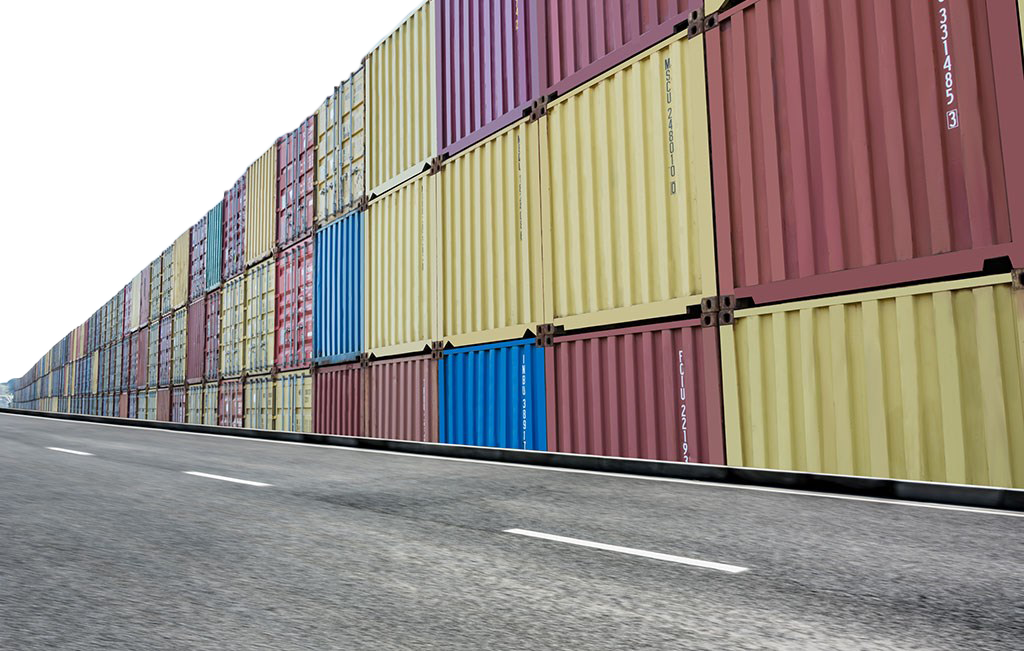Shipping Deep Hole Drilling Machines from Guangzhou/Shenzhen to Faisalabad Port, Pakistan (CIF, 20FT/40FT Full Container, LCL, 16-Day Sea Transit)
Sea Freight Options: FCL and LCL
1. Full Container Load (FCL) – 20FT/40FT Containers
When shipping heavy equipment like deep hole drilling machines, opting for a Full Container Load (FCL) is often the most efficient solution. Both 20-foot and 40-foot containers are available for this type of shipment. Given the size and weight of the drilling machines, a 40FT container might be preferred for maximizing space and reducing potential damage.
- 20FT Container: A 20FT container is typically suited for smaller, more compact machinery or when the load requires careful handling.
- 40FT Container: The 40FT container is ideal for larger or bulkier machinery. It offers more space, allowing the cargo to be securely packed, reducing the risk of damage during transit.
For CIF (Cost, Insurance, and Freight) terms, the shipping costs will cover not only the freight but also insurance and port charges up to Faisalabad Port. This provides peace of mind for both the sender and receiver, as the goods are insured in case of any mishaps during transportation.
2. Less than Container Load (LCL)
For those shipping smaller quantities or cargo that doesn’t fill an entire container, Less than Container Load (LCL) is an economical choice. In LCL shipping, cargo is consolidated with other shipments in a shared container. The estimated sea transit time from China to Pakistan is around 16 days, but the additional time for consolidation and unloading should be considered when planning the timeline.
LCL shipping can be more cost-effective for smaller shipments, though it may require more time and logistics coordination due to the shared nature of the container.

Packaging for Deep Hole Drilling Machines
Proper packaging of deep hole drilling machines is critical to ensure safe and damage-free transportation over long distances. The machinery must be packed to withstand potential shocks, moisture, and other environmental factors encountered during the sea journey.
1. Crating
Deep hole drilling machines should be packed in heavy-duty wooden crates or customized steel frames. These crates must be built to the specific dimensions of the machine, with added support to minimize movement inside the container. The crates help protect the machinery from direct impact and potential environmental damage, such as humidity or saltwater exposure.
2. Vibration Dampening
Given the fragile nature of such machines, it’s essential to include vibration-dampening materials. Foam padding, rubber blocks, or shock-absorbing material should be placed around the machinery to absorb vibrations during the transit, reducing the risk of internal damage.
3. Sealing and Waterproofing
To protect against moisture and humidity during the sea journey, the drilling machines should be sealed in waterproof shrink wrap or plastic sheets. This helps prevent rust and corrosion, which can be common when shipping by sea.
4. Marking and Labeling
Clear and legible markings and labels should be applied to the crates, indicating the content type, destination, and handling instructions. Specific labels such as “Fragile,” “Handle with Care,” and “This Side Up” will assist in proper handling at the ports.
5. Customs Documentation
All necessary customs documents must be prepared and included with the shipment, including invoices, packing lists, and export licenses. Ensuring that the paperwork is in order will prevent delays at customs clearance, ensuring the machines are delivered promptly to Faisalabad Port.



